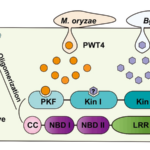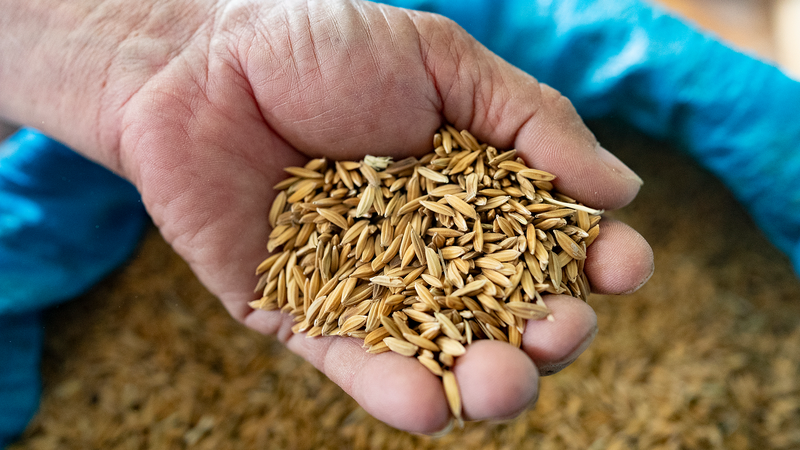Chinese researchers have unlocked a game-changing innovation for global agriculture 🧬: a newly discovered salt-tolerance gene in wheat that boosts yields by 5-9% in salty, alkaline soils. Published in Nature Genetics, this breakthrough could help feed populations in regions where farming feels more like a battle against nature 🌱💪.
The gene acts like a wheat 'superpower,' helping crops thrive in harsh environments previously deemed unsuitable. With over 1 billion hectares of saline-alkali soil worldwide—including vast areas in the Chinese mainland—this discovery addresses food security challenges head-on. Researchers say field trials show 'consistent results,' inspiring hope for climate-resilient farming 🌍🌾.
For young professionals and eco-conscious travelers, this isn’t just science—it’s a lifeline for sustainable agriculture. Could this gene-editing leap rival the Green Revolution? Stay tuned as this tech grows roots 🌱✨.
Reference(s):
cgtn.com







